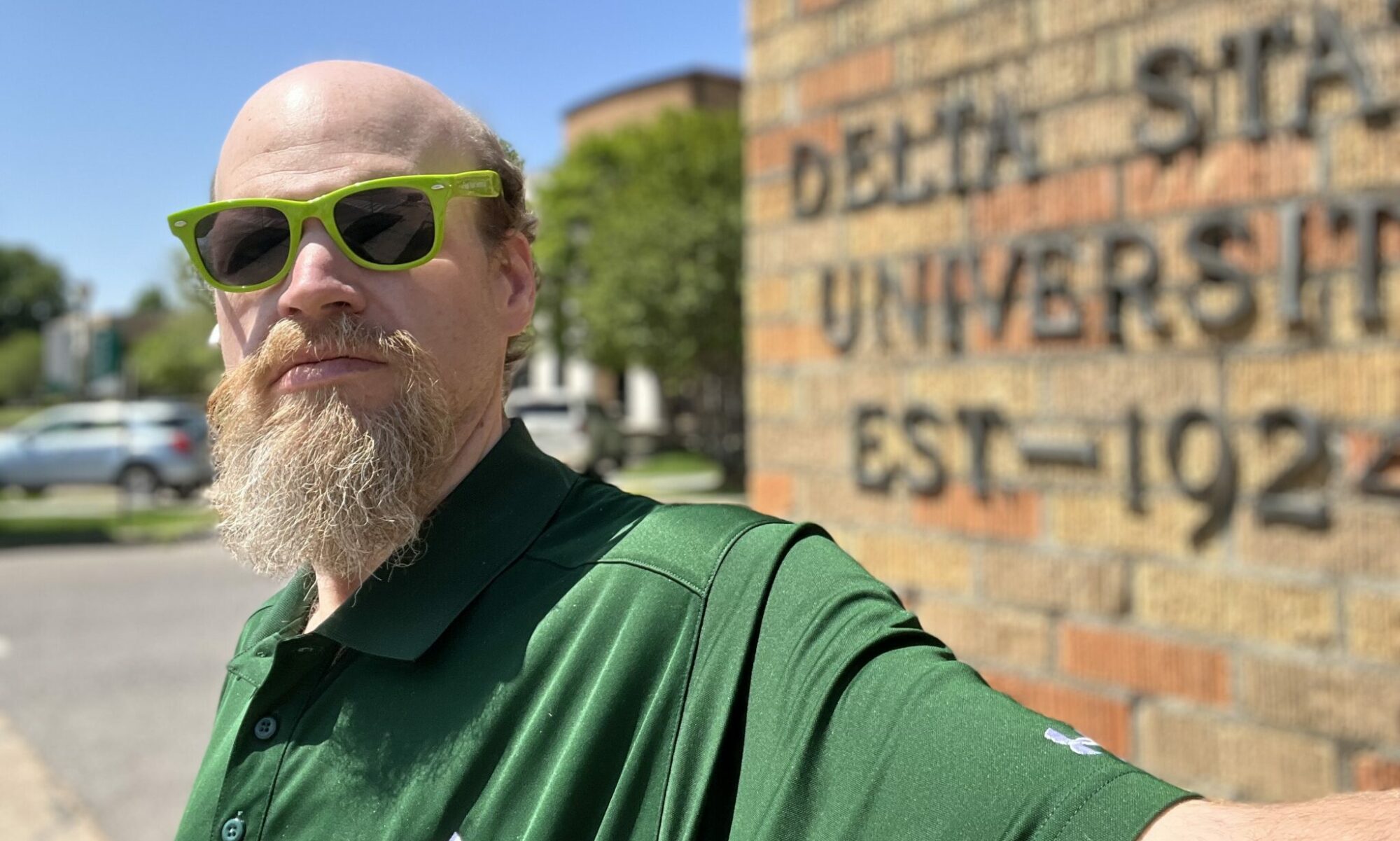Each semester I teach General Psychology, I do an activity where I ask a series of True/False questions to determine if my students believe some of the biggest “myths” of the field. Recently I asked our excellent Graduate Assistant to pull the previous semesters (5 in total) and report the percentage of people who got each question right. I then averaged them and sorted by most likely to be wrong to least.
Here are the “Biggest Myths” in psychology, with the percentage of students who got the question right:
| We learn more effectively when taught via our preferred “Learning Style” (False) | 8% |
| Blind people possess greater acuity in the sense channels of hearing and touch (False) | 17% |
| When you burn your hand, neural information travels to your brain at nearly the speed of light (False) | 19% |
| If you want someone to continue doing sometihng, you should reward them on a consistent basis (False) | 35% |
| Most people would administer a near-fatal electrical shock if an experimenter told them to. (True) | 41% |
| Violent offenders usually have a diagnosis of mental illness (False) | 46% |
| Human memory is like a recording of what happened (False) | 47% |
| A psychologist can determine a person’s hidden problems by analyzing his or her dreams (False) | 51% |
| It is an optical illusion when the moon appears larger on the horizon than it does overhead (True) | 54% |
| We use about 10% of our brain (False) | 54% |
| Hypnosis can help people accurately recall a crime scene (False) | 59% |
| People are either Right Brained (Creative) or Left Brained (logical) (False) | 63% |
| Playing classical music for a young infant will result in an increase in his or her IQ (False) | 66% |
| People with one eye can still see in three dimensions (True) | 67% |
| US Law Requires Television and Film to portray mental disorders accurately (False) | 68% |
| Ivan Pavlov, who documented classical conditioning, was not a psychologist! (True) | 70% |
| Quizzes in magazines like Cosmopolitan or on websites like Buzzfeed are surprisingly accurate. (False) | 76% |
| We experience stress when good as well as bad things happen to us. (True) | 79% |
| Simple wording changes can alter a person’s decision (eg, “75% will live” vs “25% will die”) (True) | 82% |
| Lie detector tests are accurate (False) | 85% |

This is really interesting. And looking at a 5-year sample was a great idea. Thanks for posting!